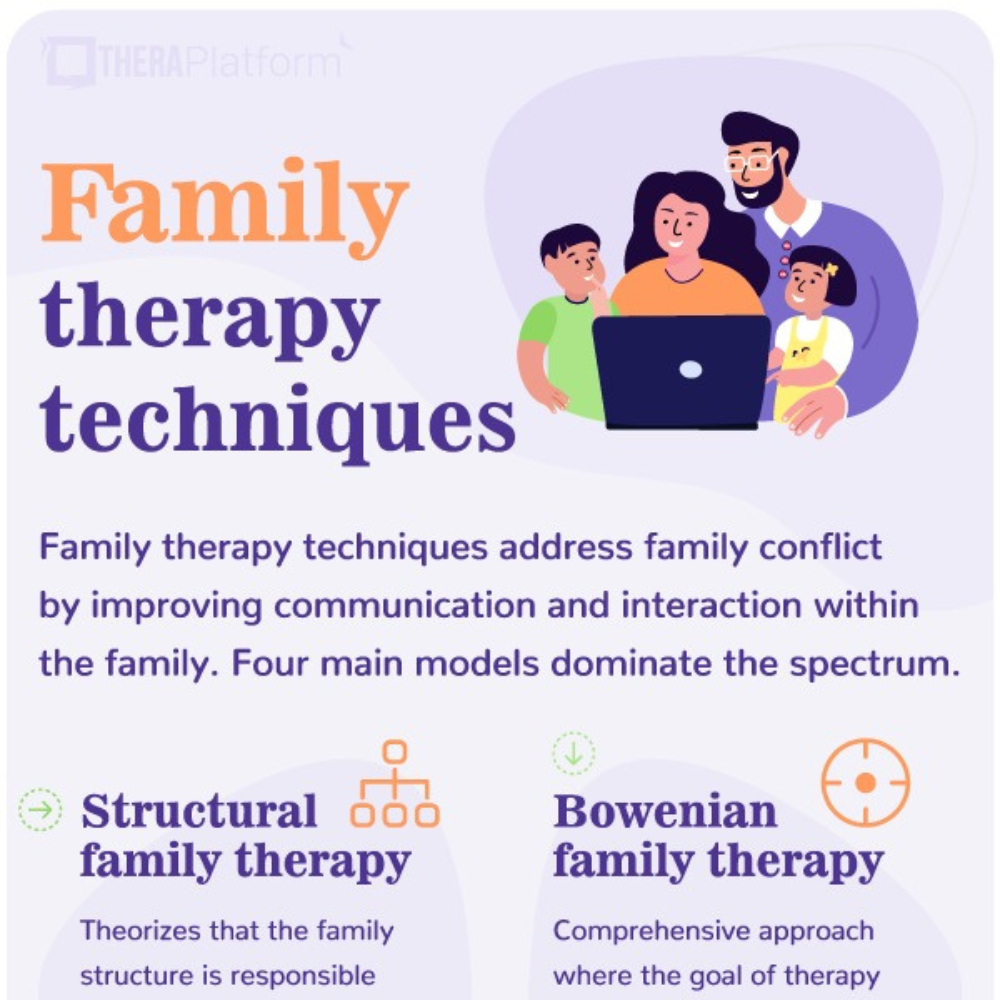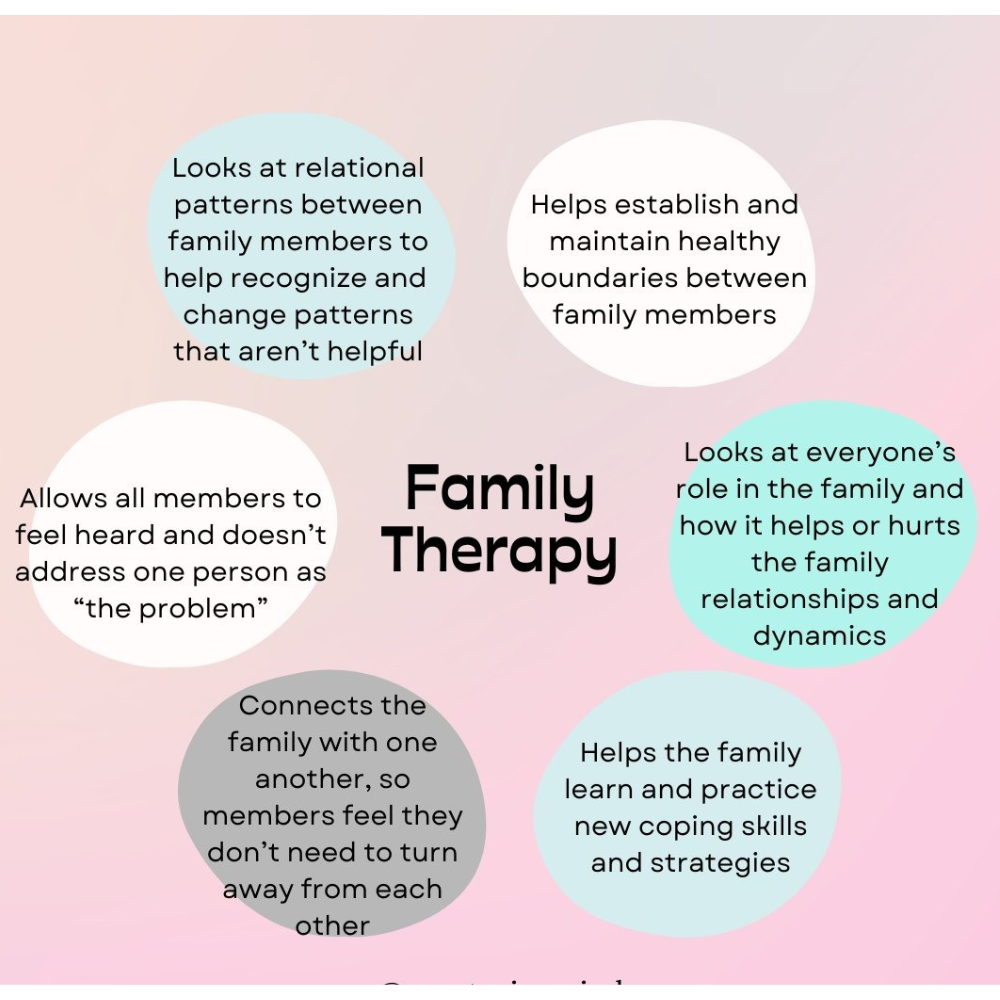Family Therapy
In Farmington Hills, Michigan
A man travels the world over in search of what he needs & returns home to find it.
- George Moore
Reach Out Today!
This is not About Quick Fixes-
It’s About Deep Lasting Change
Families serve as “LIFE’S SUPPORT PILLARS”;
Relationships can encounter difficulties as families progress through different life stages;
Recognizing these challenges & seeking assistance through family counseling
REACH OUT TODAY!
& prove beneficial for you & your family grappling with
feeling- overwhelmed, sadness, anger & uncertainty about the future;
or cycles of harmful behavior.
Reach Out Today!
You don't have to struggle alone
Let's work together
Fill out the form, contact us, we'll connect shortly!
We help you Facilitate with more Effective Communication & improve your relationships.
We Equip you and your family with Tools, to navigate your challenges more effectively.
We Facilitate and Promote Healing and Growth;
We Provide a Safe & Supportive Environment;
Where all your family members can share their concern, issues and perspectives.



